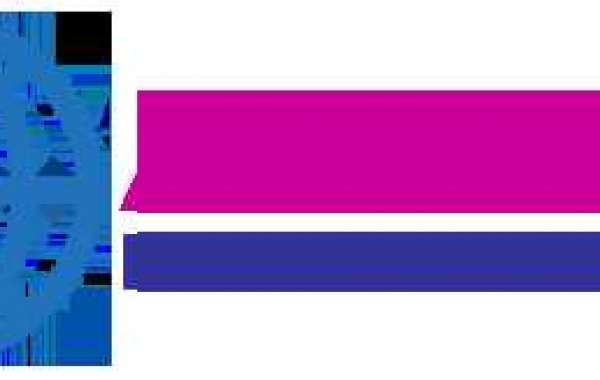Thyroid surgery entails the elimination of some or all the thyroid gland. This surgery could be done to take care of a range of ailments and ailments, such as thyroid gland, symptomatic goiter, or even a thyroid gland that's producing excessive thyroid gland. This butterfly-shaped gland is situated at the bottom of the neck before your windpipe.
It produces hormones that regulate your body's metabolism as well as also temperature. Even though a partial thyroidectomy might not affect this, overall removal of the thyroid implies you'll need lifelong hormone therapy to keep these functions. Visit Amish hospital for the best surgeries.
What's a Thyroidectomy?
Complete or near-total thyroidectomy: This requires the elimination of all or the majority of the thyroid gland. This operation is often suggested for the big thyroid gland, large goiters, and Graves' disease.
Hemithyroidectomy or thyroid lobectomy: This requires the elimination of one of the 2 lobes of the thyroid gland. This alternative could be suggested when a thyroid nodule is small and localized to one side of the thyroid gland.
Isthmusectomy: This requires the elimination of the isthmus the bridge of tissue that spans over the center of the trachea and stays between both thyroid lobes. This operation is earmarked for the elimination of small tumors found in the isthmus itself.
The goal of Cosmetic Dentistry:
When thyroid surgery has been considered, various tests will be conducted including a bloodstream thyroid-stimulating hormone (TSH) test and a blood glucose level. Thyroid ultrasound pictures and/or fine-needle aspiration (FNA) biopsy reports are also assessed. Having a diagnosis of thyroid cancer, imaging tests such as computed tomography (CT) scan of their torso are usually conducted to find out whether cancer has spread.
Since thyroid operation might lead to injury or injury to the recurrent laryngeal nerve (RLN), some surgeons also perform a regular laryngoscopy to assess for any baseline vocal cord problems. In general, these tests help the surgeon affirm the need for operation and direct their surgical approach or procedure. When a thyroid operation is scheduled, various pre-operative tests for anesthesia and medical clearance will have to be conducted.
Retrieval:
You will experience fatigue, sore throat, neck discomfort/stiffness, and voice hoarseness after surgery. These symptoms normally resolve in a few weeks. Sometimes, voice hoarseness can persist for up to six months. You can usually go back to a normal diet after the operation; however, your physician may advise that you avoid greasy, heavy, or hot meals for your first couple of days. You may shower the day following the operation. Your physician will advise you not to scrub the incision website. In case you needed a drain set, it'll be removed the day following the operation.
A Word From Really well:
Your thyroid gland plays a vital function in your own body, so eliminating it is a substantial undertaking. To stay fit and feel well following the operation, make sure you stick to a physician's post-operative directions and attend all your follow-up appointments. Additionally, as you browse the physical and psychological challenges that come together with thyroid operation, don't be afraid to reach out to loved ones for assistance. Be open and speak regularly with your surgical staff too. They're there to assist you and make this process go as smoothly as you can.














